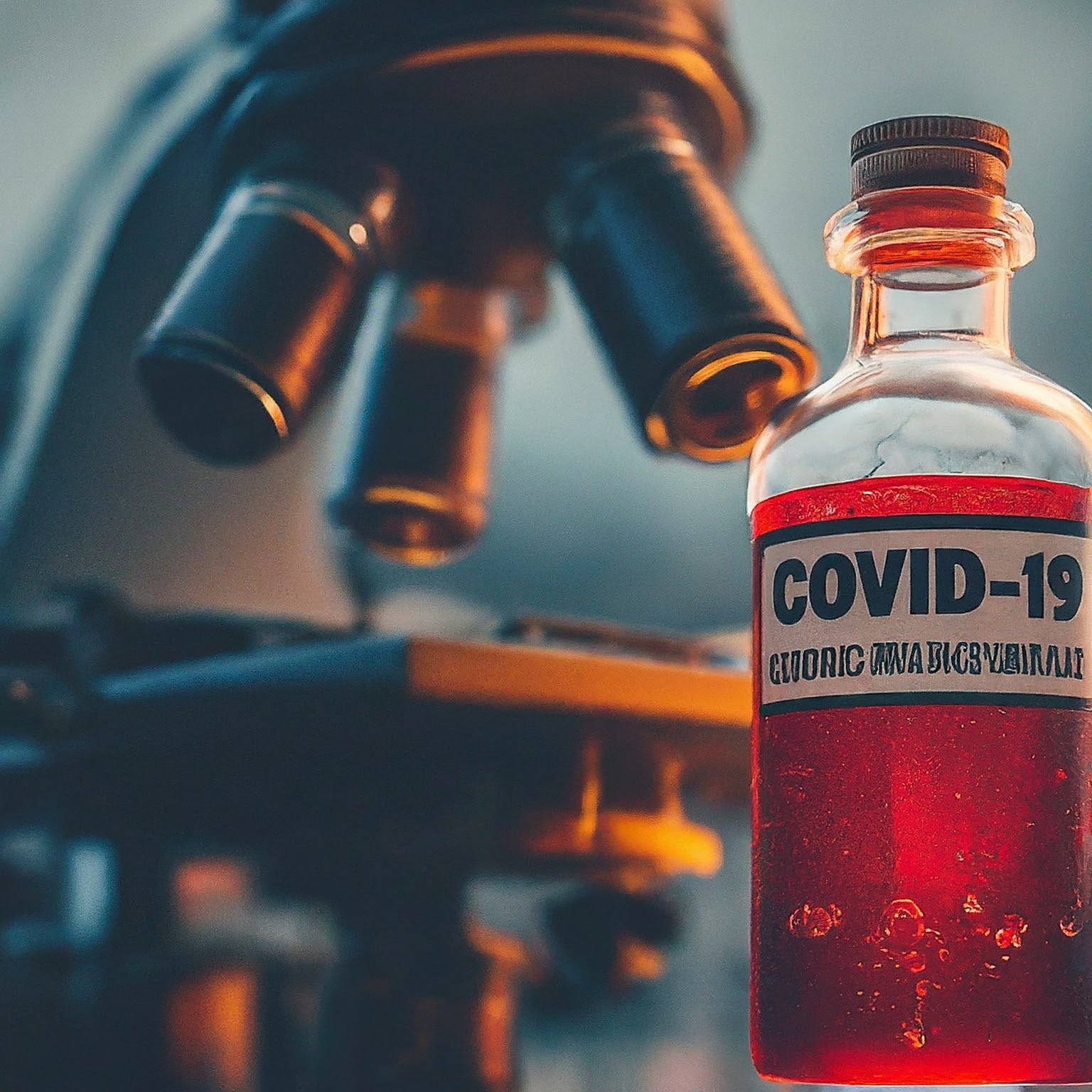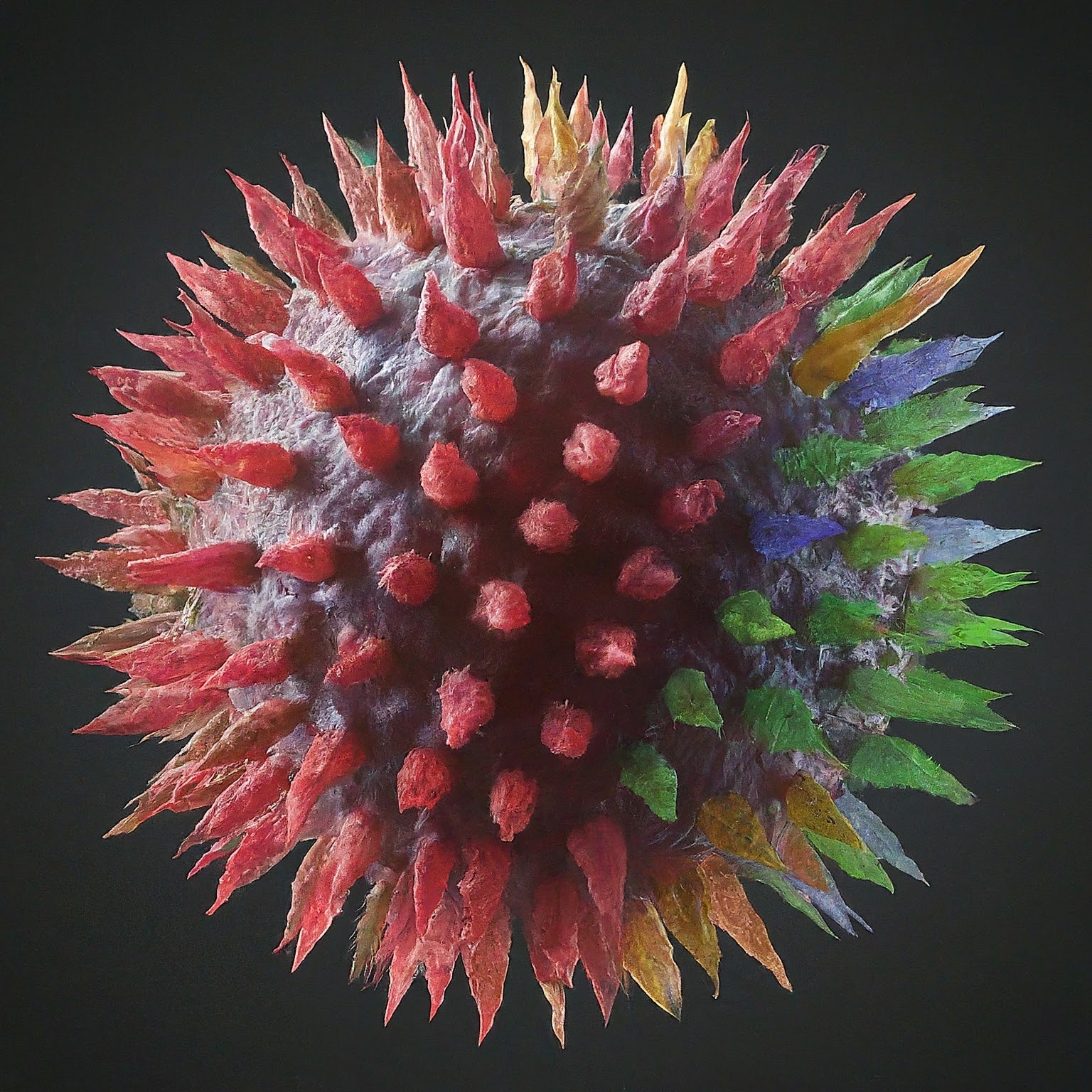
Introduction
Dr. Amelia Thomas, a virologist with over 15 years of experience researching emerging infectious diseases, dives into the recent news of the U.S. defunding a virus laboratory in Wuhan, China. This event adds another layer of complexity to the ongoing debate about the origins of the COVID-19 pandemic. Dr. Thomas will explore the existing theories, the scientific evidence, and the implications of this new development.
U.S. Defunds Virus Lab in Wuhan: New Twist in Pandemic Origin Debate?
The recent news of the U.S. defunding a virus laboratory in Wuhan, China, has ignited fresh debate about the origins of the COVID-19 pandemic. Dr. Amelia Thomas, a virologist with over 15 years of experience researching emerging infectious diseases, weighs in on this complex issue. Let’s explore the existing theories, the scientific evidence, and the implications of this new development.

Theories on the Origin of COVID-19
Two primary theories have dominated the discussion: natural spillover from animals and a laboratory leak.
-
Natural Spillover: This theory proposes that the virus jumped from animals, likely bats, to humans. This aligns with how past pandemics like SARS and MERS originated. Evidence supporting this theory includes studies identifying viruses closely related to COVID-19 in bat populations in China.
-
Lab Leak: This theory suggests the virus escaped from a research facility studying coronaviruses. Proponents of this theory point to the Wuhan Institute of Virology’s location in ground zero of the outbreak and concerns raised about the lab’s safety protocols. However, there’s no conclusive evidence to directly link the outbreak to the lab.
Wuhan Institute of Virology: Under the Microscope
The Wuhan Institute of Virology (WIV) is a high-containment research facility that studies bat coronaviruses. The U.S. had previously provided funding for collaborative research projects at the WIV. However, concerns were raised about the lab’s biosafety level and the potential for accidental leaks.

U.S. Concerns and the Decision to Defund
The U.S. government cited a lack of transparency from China about the WIV’s research and potential safety issues as reasons for defunding the lab. This move has been met with mixed reactions. Some believe it’s a necessary step to pressure China to be more forthcoming about the pandemic’s origins. Others worry it could hinder international collaboration on future viral threats.
The Scientific Search for Answers
The search for the definitive origin of COVID-19 continues. Scientists are examining various avenues, including analyzing animal samples from around the globe and conducting further research into the genetic makeup of the virus. International cooperation and data sharing are crucial for a comprehensive understanding.

What Does Defunding Mean?
The defunding of the WIV has several potential consequences:
- Reduced Research Transparency: Limited access to the WIV’s research could hinder global efforts to understand the virus and develop effective treatments and vaccines.
- Stifled Collaboration: Strained relations between the U.S. and China could limit opportunities for joint research into future pandemics.
- Strained Relations: The defunding decision could further worsen already tense diplomatic relations between the two countries.
The Road Ahead: Transparency and Collaboration
The world needs a definitive answer about the origins of COVID-19 to prevent future pandemics. This requires transparency from all parties involved, including China, and a renewed commitment to international collaboration in scientific research. Sharing data and expertise openly is critical to understanding the virus and developing effective preventative measures.
In conclusion, the defunding of the Wuhan lab is a significant development in the COVID-19 origin story. While it reignites the lab leak theory, the lack of conclusive evidence necessitates continued scientific investigation. Global cooperation and a shared commitment to transparency are paramount to unlocking the mysteries surrounding this pandemic and ensuring we are better prepared for future outbreaks.










